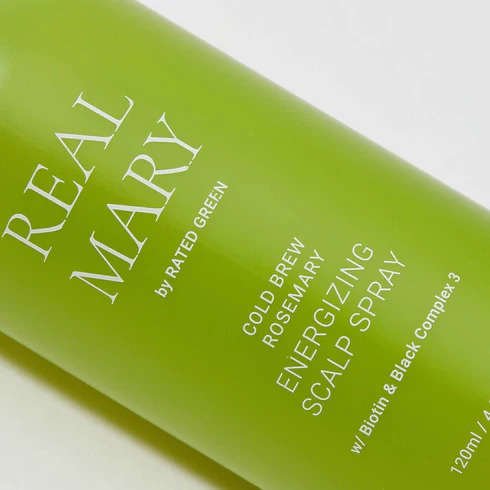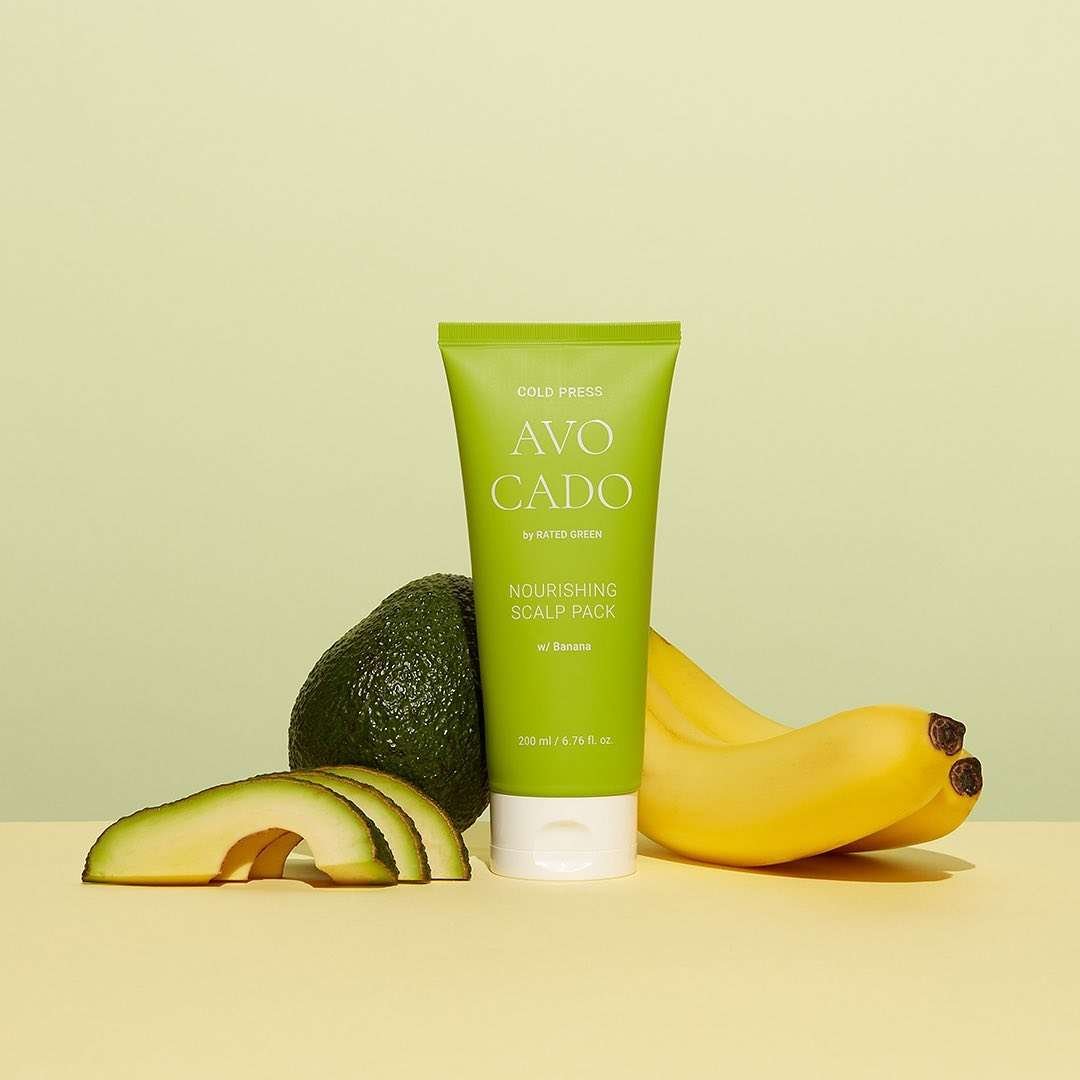TroubleshootingItchy Scalp and Oily Hair: A Comprehensive Guide Having both an itchy scalp and oily hair is a common yet frustrating issue that many individuals face. This dual dilemma not only causes discomfort but also affects our overall confidence and well-being. An itchy scalp can lead to incessant scratching, irritation, and flakiness, while oily hair can appear greasy and unkempt, often requiring frequent washing.Addressing both oily and itchy scalp issues simultaneously is crucial for achieving optimal scalp and hair health. Neglecting one aspect may exacerbate the other, leading to a vicious cycle of discomfort and dissatisfaction. Therefore, it's essential to adopt a comprehensive approach that targets both the underlying causes and symptoms.Throughout this article, we'll delve into the various factors contributing to these conditions, including environmental influences, hormonal imbalances, and scalp microbiome. We'll explore practical strategies for alleviating symptoms, such as lifestyle modifications, home remedies, and specialized hair care products. By the end, readers will gain valuable insights and practical tips for effectively troubleshooting their irritated scalp and oily hair concerns. Understanding Itchy Scalp and Oily Hair Understanding the root causes of damaged scalp is fundamental in devising practical solutions. An itchy scalp can arise from various factors, including dryness due to inadequate hydration or harsh weather conditions. Product buildup from styling products or improper cleansing routines can also lead to irritation. Additionally, scalp conditions like dandruff or seborrheic dermatitis exacerbate itchiness, causing discomfort and embarrassment.On the other hand, oily hair stems from overactive sebaceous glands, which produce excess sebum, resulting in a greasy scalp and hair. Hormonal imbalances, genetics, and even stress can contribute to heightened sebum production. Interestingly, there exists a symbiotic relationship between scalp health and hair oiliness. An imbalanced scalp environment, whether excessively dry or oily, can disrupt the hair's natural balance, leading to increased oil production or exacerbating scalp irritation. By targeting the underlying causes and restoring scalp equilibrium, individuals can effectively manage the discomfort and restore their hair's health and vitality. Identifying Your Specific Concerns Identifying your specific concerns regarding itchy scalp and oily hair involves recognizing the distinctive symptoms associated with each condition. Symptoms of itchy scalp may manifest as persistent itching, redness, and flakiness, often accompanied by a sensation of tightness or discomfort. On the other hand, oily hair is characterized by a greasy appearance and a tendency to become limp and flat shortly after washing.To differentiate between different scalp conditions and types of oiliness, it's essential to observe additional factors such as the presence of visible flakes, the severity of itching, and any underlying scalp conditions like dandruff or seborrheic dermatitis. A dry scalp typically presents with small, white flakes, while an oily scalp may exhibit larger, yellowish flakes. Understanding the nuances of these symptoms can help pinpoint the root cause of your scalp and hair concerns, allowing for targeted treatment and management strategies.By identifying your specific symptoms and understanding the underlying causes, you can tailor your approach to effectively address both sensitive scalp and oily hair, promoting scalp health and restoring balance. Our Recommendations 1. REAL MARY Rosemary Energizing Scalp Spray Elevate your scalp care routine with Real Mary Energizing Scalp Spray by Rated Green, a refreshing solution designed to nurture and invigorate your scalp. Formulated to address sensitive, stressed, and itchy scalps, as well as offering a revitalizing option for oily hair, this spray also aids in restoring hair volume, leaving your locks fuller and thicker, particularly beneficial for those with thinning hair concerns.Soothing Irritation: Organic rosemary, the hero ingredient of this scalp spray, boasts potent anti-inflammatory properties, calming irritation and reducing redness, making it ideal for sensitive, itchy, or stressed scalps.Regulating Oil Production: Excess sebum production can lead to greasy, weighed-down hair and contribute to scalp issues like dandruff and follicle congestion. Strengthening Hair Follicles: Biotin supports keratin production and strengthens the hair shaft, fortifying hair follicles, reducing breakage.Promoting Circulation: Enhanced blood circulation to the scalp is vital for delivering oxygen and nutrients to the hair follicles. VISIT SHOP 2. Cold Press AVOCADO Nourishing Scalp Pack Revitalize your hair and scalp effortlessly with Rated Green Cold Press Avocado Nourishing Scalp Pack, a luxurious solution designed to combat dehydration and dryness. Infused with cold-pressed organic avocado oil, banana extract, and carefully selected botanical ingredients, this nourishing mask addresses these concerns in just 5 minutes.Quick Nourishment: Achieve instant nourishment and hydration with just a 5-minute application.Cold Press Advantage: Retains all the beneficial properties of avocado oil for optimal effectiveness.Vitamin-Rich Formula: Avocado oil, brimming with vitamins A, D, and E, repairs structural damage, promoting healthy, glossy locks.Conditioning Power: Enriched with banana extract, it effortlessly conditions, detangles, and softens dry and unruly hair. VISIT SHOP Common Mistakes and Misconceptions Addressing misconceptions is crucial for effective management. Some prevalent misconceptions include:The belief that washing hair frequently will alleviate oily scalp: Overwashing can strip the scalp of natural oils, leading to increased oil production as a compensatory mechanism.Thinking that scratching will relieve itching: Scratching can exacerbate scalp irritation and inflammation, leading to further discomfort and potential damage to the scalp.Assuming that all natural remedies are safe and effective: While natural ingredients can offer benefits, some traditional remedies may contain irritants or allergens that worsen itchiness and oiliness.Common mistakes people make when trying to alleviate these issues include:Using harsh or abrasive shampoos: Aggressive cleansing products can strip the scalp of essential oils, leading to dryness and increased oil production.Neglecting to moisturize the scalp: A dry scalp can exacerbate itching, so it's essential to hydrate the scalp with moisturizing treatments or oils.Ignoring underlying scalp conditions: Conditions like dandruff or seborrheic dermatitis require specific treatments tailored to their cause rather than generic remedies.Some traditional remedies might exacerbate the problem due to their harsh or drying nature. For example:Lemon juice or vinegar rinses: While these acidic substances can help remove buildup, they can also strip the scalp of natural oils, leading to dryness and increased oil production.Baking soda scrubs: Baking soda can disrupt the scalp's pH balance, leading to irritation and potentially worsening oiliness and itching.Understanding these misconceptions and avoiding common mistakes can help individuals manage itchy scalps and oily hair effectively while minimizing potential exacerbations from traditional remedies. Holistic Approaches to Treatment Implementing holistic approaches involves addressing various aspects of lifestyle and well-being. Here are some key strategies:Lifestyle Changes:Prioritize regular scalp hygiene practices, including gentle cleansing and exfoliation to remove buildup and promote a healthy scalp environment.Avoid over-styling or using excessive heat on the hair, as these practices can damage the scalp and exacerbate oiliness.Incorporate scalp massages into your routine to improve circulation and promote nutrient delivery to the hair follicles.Dietary Considerations:Maintain a balanced diet rich in essential nutrients like vitamins A, C, and E, as well as omega-3 fatty acids, which support scalp and hair health, especially for individuals with seborrheic dermatitis.Stay hydrated by drinking plenty of water, as dehydration can contribute to scalp dryness and exacerbate itching.Limit consumption of processed foods high in sugar and unhealthy fats, as these can contribute to inflammation and worsen scalp conditions.Stress Management Techniques:Practice relaxation techniques such as deep breathing exercises, meditation, or yoga to reduce stress levels and promote overall well-being.Engage in regular physical activity, which can help alleviate stress and improve circulation to the scalp.Ensure adequate sleep to support the body's natural repair processes and maintain scalp health.By incorporating these holistic approaches into your daily routine, you can promote scalp and hair health from the inside out, effectively addressing itchy scalp and oily hair concerns while enhancing overall well-being. Home Remedies and Natural Treatments Harnessing the power of DIY remedies and natural treatments can be an effective and budget-friendly way to soothe an itchy scalp and regulate oil production. Here are some simple yet effective methods:Tea Tree Oil Scalp Treatment:• Dilute a few drops of tea tree oil with a carrier oil like coconut or olive oil.• Massage the mixture into the scalp and leave it on for 30 minutes before rinsing thoroughly.• Tea tree oil has antimicrobial properties that can help reduce scalp inflammation and itching.Apple Cider Vinegar Rinse:• Mix equal parts of apple cider vinegar and water.• After shampooing, pour the mixture over your scalp and hair, then massage it in.• Let it sit for a few minutes before rinsing thoroughly with water.• Apple cider vinegar helps balance the scalp's pH and reduce oiliness.Aloe Vera Scalp Mask:• Extract fresh aloe vera gel from an aloe leaf.• Apply the gel directly to the scalp and massage it gently.• Leave it on for 20-30 minutes before rinsing with lukewarm water.• Aloe vera has soothing and hydrating properties that can help alleviate scalp itching and irritation.Baking Soda Scrub:• Mix baking soda with water to form a paste.• Gently massage the paste into your scalp, focusing on areas prone to oiliness.• Rinse thoroughly with water.• Baking soda helps exfoliate the scalp and remove excess oil and buildup. Maintenance and Prevention After undergoing treatment for seborrheic dermatitis, it's essential to adopt measures to maintain scalp health and prevent recurrence. Here are some tips:Maintaining a Healthy Scalp and Balanced Hair Oiliness:• Stick to a regular hair washing schedule, but avoid overwashing, as it can strip the scalp of natural oils and lead to rebound oiliness.• Use lukewarm water and gentle, sulfate-free shampoos to cleanse the scalp and hair without causing irritation or dryness.• Incorporate scalp massages into your routine to stimulate circulation and promote a healthy scalp environment.• Consider using lightweight leave-in treatments or serums containing hydrating and soothing ingredients to maintain scalp moisture balance without weighing down the hair.Preventative Measures to Avoid Recurrence:• Protect your scalp from harsh environmental factors like sun exposure and pollution by wearing a hat or using protective styling products.• Practice good hygiene habits, such as regularly washing hair accessories like brushes and hats to prevent the buildup of dirt and bacteria.• Be mindful of your diet and lifestyle choices, as certain foods and habits like smoking can impact scalp health and oil production.Developing a Long-Term Hair Care Routine:• Customize your hair care routine based on your scalp and hair type, incorporating gentle cleansing, conditioning, and styling products suitable for your needs.• Use scalp treatments or masks containing ingredients like salicylic acid, tea tree oil, or charcoal weekly to maintain scalp health and regulate oil production.• Regularly assess your scalp and hair condition and adjust your routine as needed to address any changes or concerns promptly. The Bottom Line Throughout this guide, we've explored various factors contributing to these issues, from lifestyle habits to genetic predispositions, and provided practical solutions for effective management. It's essential to recognize the interconnected nature of scalp health and hair oiliness, understanding that imbalances in one area can impact the other. By identifying specific concerns, avoiding common misconceptions, and embracing holistic treatments, individuals can alleviate discomfort and restore balance to their scalp and hair. I encourage you to take proactive steps towards addressing and preventing itchy scalp and oily hair by incorporating the tips and techniques discussed in this guide into your daily routine. Whether it's adopting a healthier lifestyle, choosing the right hair care products, or seeking professional advice when needed, every effort you make contributes to removing dead skin cells and achieving scalp and hair balance.Remember, achieving scalp and hair balance requires consistent care and attention. By prioritizing scalp health, practising good hygiene habits, and staying informed about effective treatment options, you can enjoy healthier, happier hair for years. Join Guam Beauty Newsletter for more articles like this and special in-email only exclusive promotions! Subscribe Author of the blog Yana NesterovaYana is the writer behind the Guam Beauty blog who firmly believes in the concept that beauty begins in a person’s head, not in the mirror. Therefore, she strives to encourage her readers, who are beauty and skincare enthusiasts, to bring mindfulness into their skincare rituals by making more conscious choices. Her philosophy is to enable her readers to salvage mental peace and optimal health by living more mindfully and achieving their skin and body goals throughhealthier choices.
Collection 2019
Sale 70% Off
Third slide





